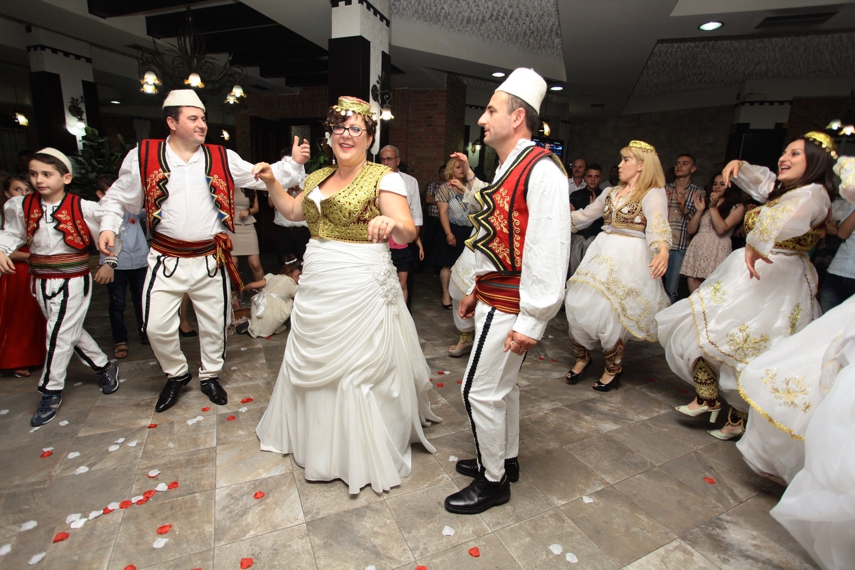Albania
SHORT INFORMATION
Administrative divisions of Albania
Albania, officially known as the Republic of Albania, is a country in Southeastern Europe, in the Balkans region.
HOLIDAYS AND TRADITIONS
Albanian Wedding Traditions
The wedding day is a memorable day in almost every culture. But for centuries it has had a special place in Albanians life. There are some core events that compose the whole Wedding party.
HOLIDAYS AND TRADITIONS
Albanian Wedding Traditions
The wedding day is a memorable day in almost every culture. But for centuries it has had a special place in Albanians life. There are some core events that compose the whole Wedding party.
